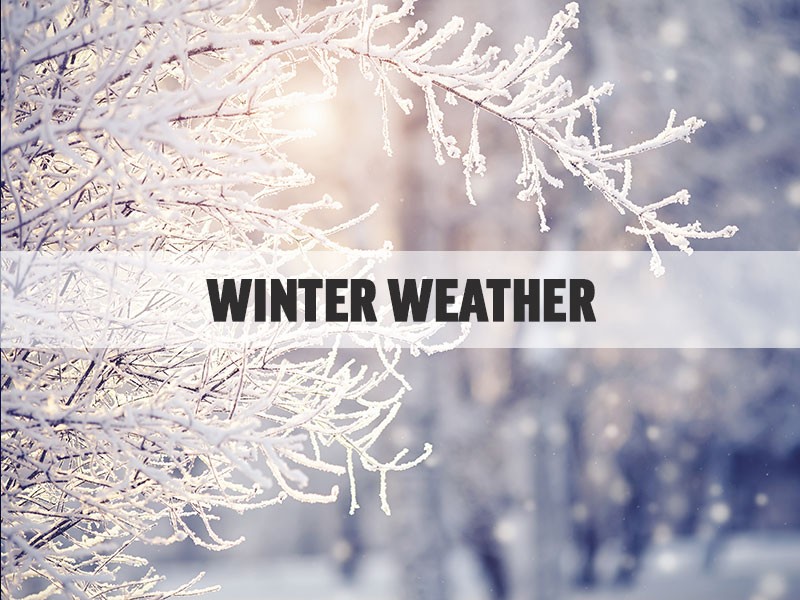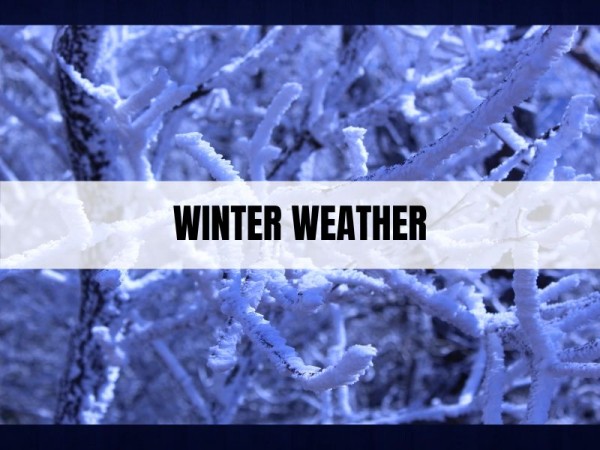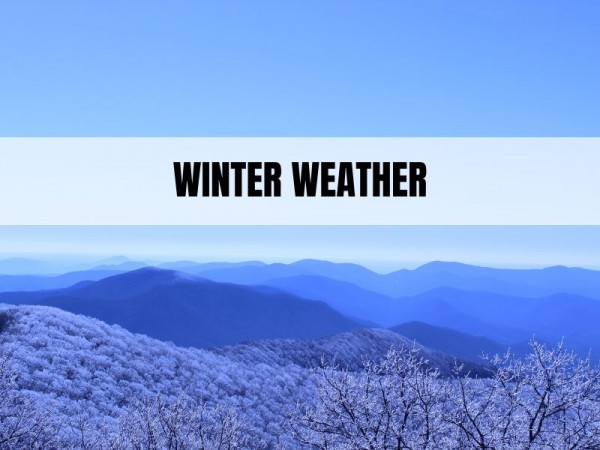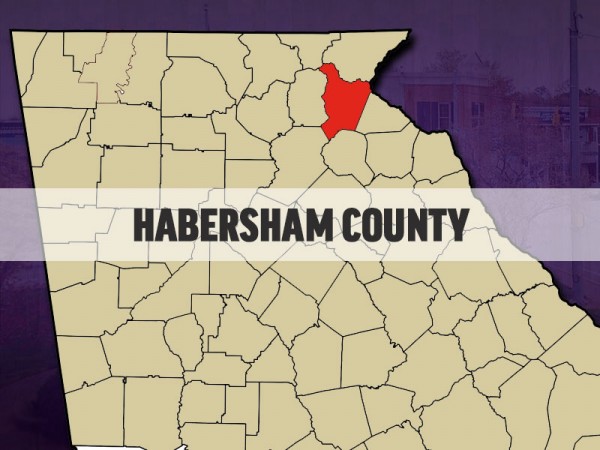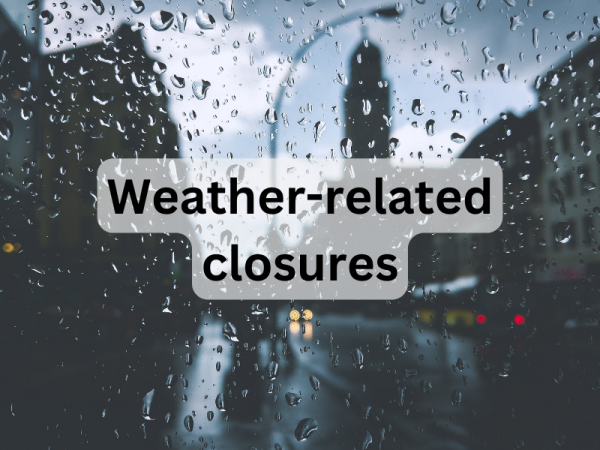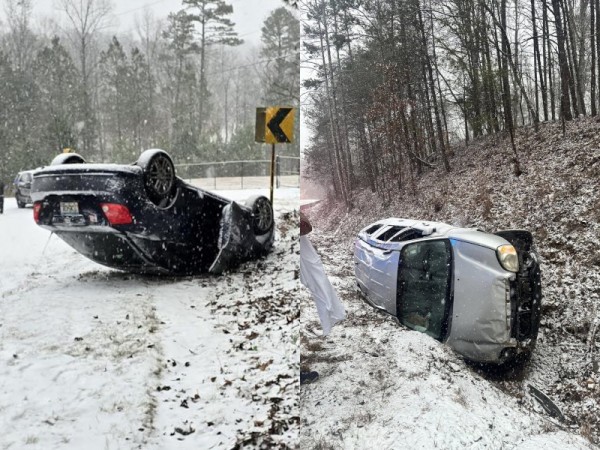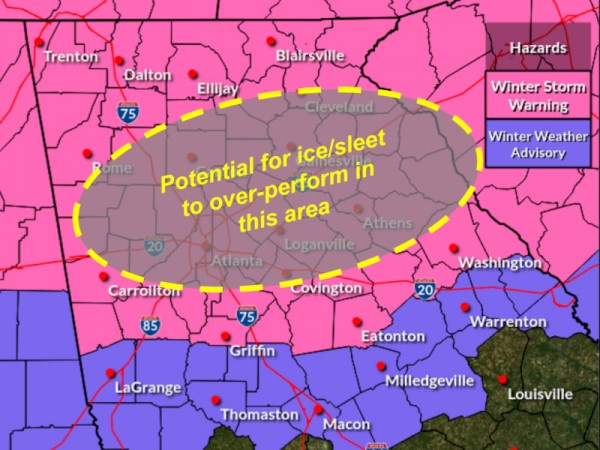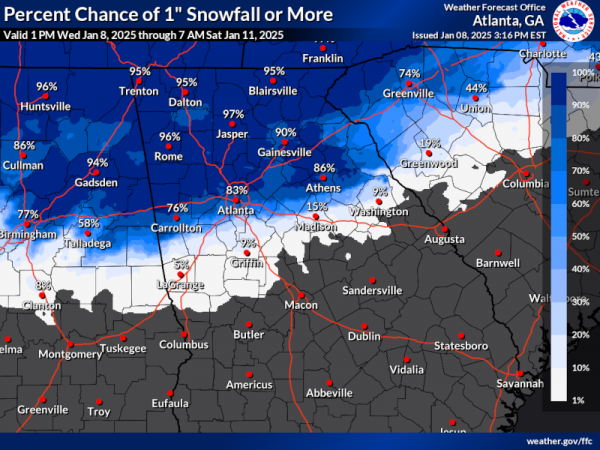“Be prepared”: it’s the motto of the Boys Scouts; it’s one of the best-known songs from Disney’s “The Lion King”; and it should be on the mind of every north Georgian as winter approaches.
The U.S. Department of Homeland Security thinks so. The Georgia Emergency Management Agency thinks so, as do officials with the National Weather Service and the Georgia Department of Transportation.
Those four organizations have teamed together, proclaiming December 7-11 as Winter Weather Preparedness Week, singling out Wednesday as the day to put together a “Ready Kit” (if you have not already done so).
Hall County Emergency Management Agency Director Casey Ramsey recommends a “Ready Kit” for your vehicle and one for your residence. “These will be items that you may need to support yourself during any type of disaster.”
Gainesville Fire Services spokesman Chief Keith Smith describes the contents of the “at home Ready Kit” as three gallons of water per person, a three day supply of non-perishable food per person, can openers, batteries, flashlights, a basic first aid kit, battery operated radios, and portable power modules for cell phones.
Ramsey agrees that supplies should be sufficient to last three days for your residential “Ready Kit” and one day for your vehicle’s “Ready Kit”.
Ramsey adds that keeping blankets in your vehicle, as well as other cold weather gear, could prove vital if away from home when winter weather sets in. He says valuable lessons were learned in January of 2014: “I think we all learned… during the “Snowmageddon”, when there were people trapped along the Interstates for multiple hours.”
But losing power or being unable to leave your home due to hazardous driving conditions aren’t the only winter-weather concerns for homeowners. Even when power is available and roadways are passable there are threats. “There are more home fires that occur in the wintertime than any other time of the year,” Smith says.
Smith says people use space heaters and fire places, even kitchen stoves, to supplement their home heating systems, and that can be dangerous, even deadly.
Smith says a three foot perimeter should always be maintained around space heaters, even if you think a nearby item won’t burn. And, he added, turn space heaters off if they will be left unattended for any length of time.
Ramsey agrees with Smith’s advice, saying: “Any time you try to change your normal methods of heating you pose a risk for fire.”
Ramsey adds that whenever supplementing your home’s heating capability there is an insidious threat that is undetectable apart from specialized detectors: carbon monoxide, an odorless, invisible gas that is lethal to humans and other animals.
He says gas-sourced ovens are not designed to be operated with the door open for extended periods of time as they can emit carbon monoxide, but the greatest threat of carbon monoxide poisoning comes from portable generators.
“So if you’re out of power or trying to supplement your heat using a generator, that’s a primary source of carbon monoxide…make sure if you’re running a generator that those are outside your house,” Ramsey warned.
Smith said many homes in Gainesville and Hall County have wood-burning fireplaces that are used for creating additional warmth and ambience. He recommends a protective metal or glass screen fronting those units as well as an annual inspection by a chimney sweep prior to the first wintertime use.
Wood, especially wood not thoroughly seasoned, creates a build-up along the inside of a chimney flue called creosote. “The creosote in the chimney…it can actually be flammable and spread the fire up through your chimney,” Smith cautions.
And then, Smith says, there is the issue of what to do with the ashes created by a fire.
Smith said, “People will take their ashes and put them in a box or plastic bucket…even though they may not seem warm to you…those ashes are still hot enough to melt a plastic bucket or start a cardboard box on fire.’
“You want to make sure your ashes are put into a metal container, and just as an extra safety measure, put some water in there to soak them, to make sure they keep completely cool,” Smith recommended.
And throwing those ashes into a snow bank at the rear of your yard is not a recommended practice. Atlanta Braves all-star Chipper Jones learned that lesson first hand during Snowmegeddon, setting the woods around his Roswell home on fire.
Ramsey and Smith agree, now is the time to assure that emergency supplies (aka “Ready Kit”) are in your home and in your vehicle. Have your fireplace inspected before using, dispose of ashes properly, keep 3-feet of open space around space heaters, then sit back and enjoy the beauty of a north Georgia winter.


